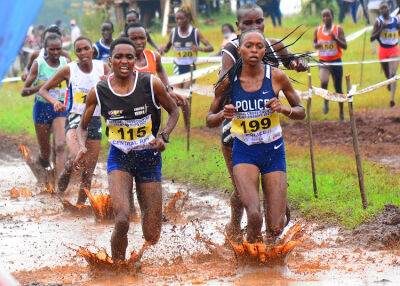Jos: A paradise lost staging comeback on wings of golfing
Tourists choose where they visit because of unique features associated with such places. These include, culture, architecture, gastronomy, infrastructure, landscape and events, sometimes, shopping experience.
According to tourism experts, these features make one destination different from the other.
Jos as a destination for whites
During colonial era, up to the 1990s, many identified Jos, originally called ‘Gwash’ until anglicised to ‘Jos’ by the colonialists, as a tourism hub, as tourists flocked the city for recreation.
Aside from its landscape, which is picturesque, the serene and accommodating weather attracted Europeans to the city on the plateau.
Simply put, Jos was a haven for tourists, who leveraged its natural endowments for corporate and personal recreation.
From agriculture to natural and human resources, tourism contributed much to the old Benue/Plateau State’s Gross Domestic Product (GDP), such that the state ranked high among states that earned revenue from non-oil sources.
However, decline in earnings from tourism set in in the late 1990s after the Jos crisis, as well as consistent lack of maintenance of the infrastructure scattered around the state over the years.
Insecurity, in fact, contributed to drive tourists away from the state, which once boasted some of the best habitats for wildlife in Africa.
Jos Wildlife Park
Established In 1972 by Governor Joseph Gomwalk of Benue-Plateau State, the Jos Wildlife Park is a habitat for various animals, mammals, birds and reptiles included.
Jos Wildlife Park, known as one of the Plateau State’s topmost tourist attractions used to be one place in Nigeria where nature has been conserved.
The sights and sounds of nature and wildlife unfold in the park, located in the







